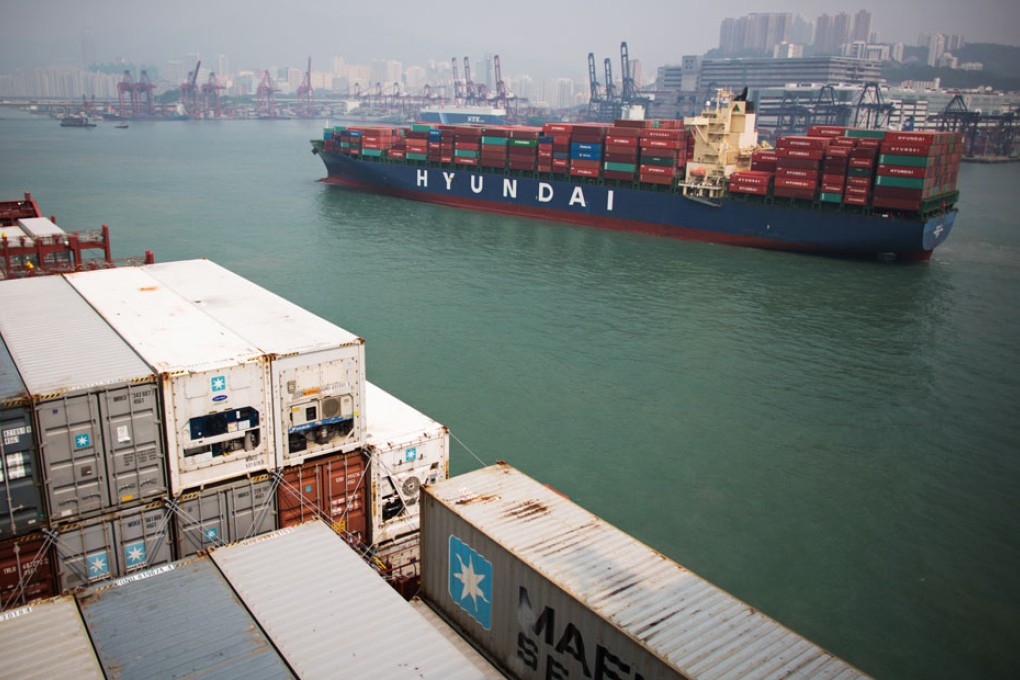Hong Kong urged to act on port congestion as pressure builds for more capacity
Operators seek quicker consolidation of land around the terminals to boost handling capacity

Hong Kong port operators urged the government to press harder on consolidating about 70 hectares of land next to its terminals to eliminate congestion and raise their capacity after a round of alliances in shipping lines will further stretch the limits of the already crowded port.

"If we don't react quickly enough, the liners will leave for other ports," she said.
Congestions and delays at Hong Kong port are common as it lacks enough land to expand its operations. Barges, which carry containers to and from the Pearl River Delta as a feed for ocean-going ships, are facing two days of delay on average. The delay increases to an average of four days before the Lunar New Year and the National Day holidays.
Shipping companies are leery of charges piling up due to demurrage, the expense the owner of a ship or the charterer will pay for failure to load or discharge a vessel on time, a period usually covering several days to a week. The rates can range from a few hundred to several hundred US dollars per day.
An executive from a port operator said sometimes barges needed to wait for up to four days before berthing during peak seasons. Many barge operators, given their highly fragmented industry, are not entitled to compensation for delays.
"As the vessels are getting bigger while the number of calls is cut due to consolidation, cargo shipments will become more concentrated at a time," the executive said.